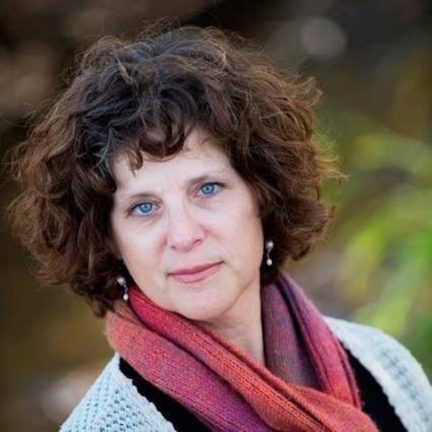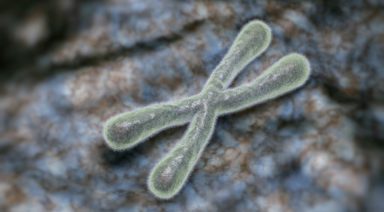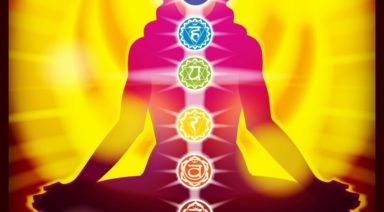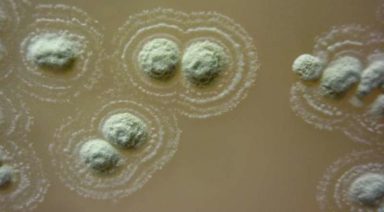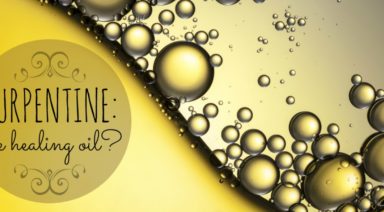Telomerase May Be The Secret to Anti-Aging
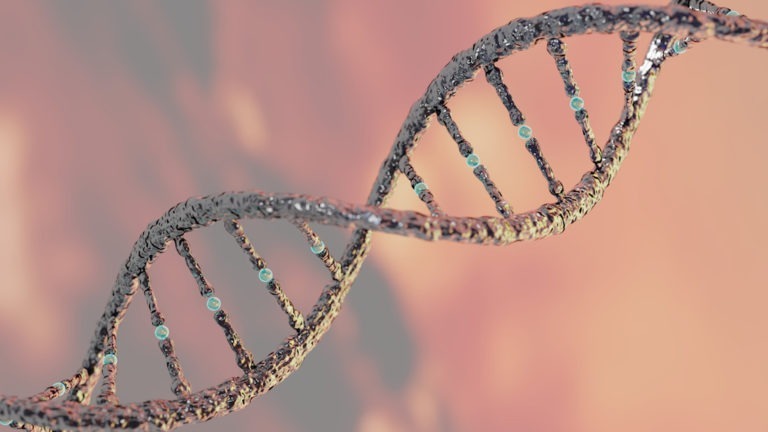
Dr. Bruce Lipton invites us to consider this: “contained within our bodies is what so many have studied, sought after, and dreamed about—the fountain of youth.”
What he’s talking about are telomeres; sections of DNA found at the end of each chromosome that can offer us insight into how we can “create a long-lived biology,” filled with wellness and meaning.
Telomeres And The Genetics of Aging
The science of genetics was formed in large part because of the human need to grapple with a limited lifespan. Central to this discussion is the role telomeres play in understanding the genetic coding of our aging. Telomeres have two essential functions:
- To allow DNA to be replicated without losing genetic information
- To prevent the double helix of DNA from unraveling
The process of DNA replication involves a shortening of our chromosomes from their original version, reducing the length of the original DNA molecule. This process invariably leads to aging, depression, and disease.
The role of the telomere is to extend that replication time by adding a piece of DNA at the end of the strand that doesn’t code for anything and acts as a mechanism to prevent the degradation, or unwinding, of the double helix structure.
Lipton uses the analogy of shoelaces to bring the concept of telomeres to life. At the end of shoelaces are little plastic caps known as “aglets,” which make the process of lacing shoes simple and fluid, while holding the strands of the shoelace material together. And the same concept can be applied to the telomeres at the ends of our chromosomes.
While the role telomeres play in retaining the integrity of a DNA strand is important, Lipton stresses they have an even more important function—telomeres form an extension of the DNA that allows for replication without affecting the gene programs, allowing for an extended amount of divisions before running out; the implication of this on our longevity is profound.
For many years, it was believed the lifespan of an organism was directly proportional to how many times a cell can divide before losing the telomere extensions and cutting into the DNA program.
Leonard Hayflick, a scientist in the 1960s calculated that a human could live approximately 90 years before telomeres were lost. However, in 1984, research scientist Elizabeth Blackburn made a truly life-changing and life-extending revelation with the discovery of the enzyme telomerase, which extends telomere length. Her discovery made an exciting impact on our understanding of the human lifespan.
But as interesting as Dr. Blackburn’s discovery was, the enzyme’s ability to be activated or inhibited is dependent upon a number of external factors. The inhibition of telomerase can be caused by improper nutrition, childhood abuse and neglect, domestic violence, post-traumatic stress disorder (PTSD), as well as a lack of self-love, love from others, and life purpose—factors that can all have a negative impact on our lifespan.
On the opposite side of the spectrum, there are characteristics that allow telomerase to be activated, leading to positive lifespan implications. These include good nutrition, especially omega-3, regular exercise, practicing gratitude, self-love, receiving love, and living with a positive sense of service and purpose.
The last characteristic, in particular, provides our life with the message that we have something to live for, whether that is to help others, create art, or work to solve humanity’s deepest issues. Lipton says he believes the positive feedback of the above characteristics can “enhance the telomerase activity to extend [our] life.”
The result of enhanced telomerase activity leads to an increase in our ability to produce telomeres that allow cell division to occur more frequently, resulting in a longer, healthier, and happier life.
Is Death the End or a New Beginning
Even with the groundbreaking research on life-extending enzymes, we all know life is impermanent. Every living thing ages and eventually dies. Lipton asks an important question that gets to the root of human existence: when we die, is our human existence really terminated with death?”
Lipton turns to the world of Quantum Physics for an alternative outlook where the “realm of energy is neither created nor destroyed.” He suggests that humans are more than our physical bodies—we are energetic fields whose identities continue after our bodies are done with their physical existence. The concept of living beings having a “perpetual field that identifies us” is not only the foundation of reincarnation but of a different way of relating to life.
Lipton defines this field as “invisible moving forces that influence the physical world,” and says this definition is parallel to that of spirituality. According to his teachings, quantum physics and spirituality are the same and provide the same message: we are a field and exist outside of physical forms; we are an energy field. If we embrace this definition, we have the ability to live longer.
What does this mean as far as our identity or our sense of self? Lipton proposes that our identity is not part of a system, but originates from an external source out in the larger quantum field. He says he believes the source could be based on astrology or as he rephrases it, ‘astro-physiology,” since living beings are influenced by those factors. We all originated from and are connected to the same source—the universe.
Study Finds Optimists Live Longer Lives
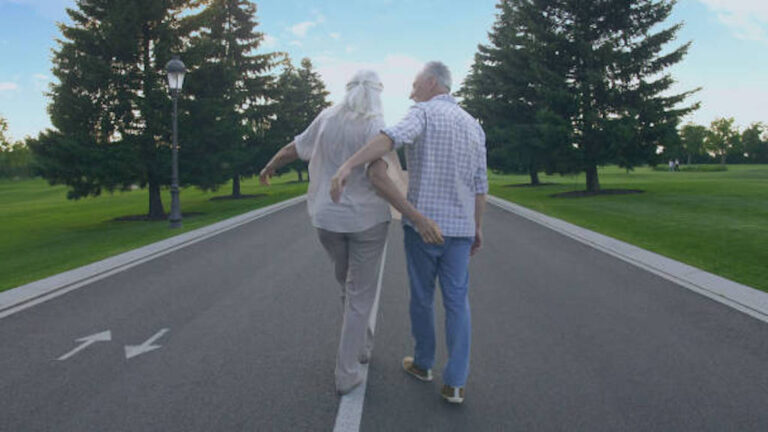
New studies show that optimism is linked to living longer and those who feel younger rehabilitate from injury faster.
Health research has always been overwhelmingly focused on risk factors that may predispose people to disease and premature death. The ever-growing field of positive psychology, however, is focused on those positive attributes and behaviors which can, on their own, promote health and longevity.
One such recent study, by the Harvard Chan School of Public Health, looked at the trait of optimism, as experienced by a group of women ages 50-79, over the course of several decades.
The study was unique in that it studied a large cohort of people across a variety of racial and ethnic groups to understand whether optimism is affected by such social structures.
At the completion of this multi-year study, findings showed that the 25% of participants who displayed the most optimism were likely to have a 5.4% longer lifespan and a 10% greater likelihood of living beyond 90 years than those who were the least optimistic.
These results were found to have no correlation with race or ethnicity, and researchers found that lifestyle factors such as regular exercise and healthy eating, accounted for less than a quarter of the optimism lifespan association.

